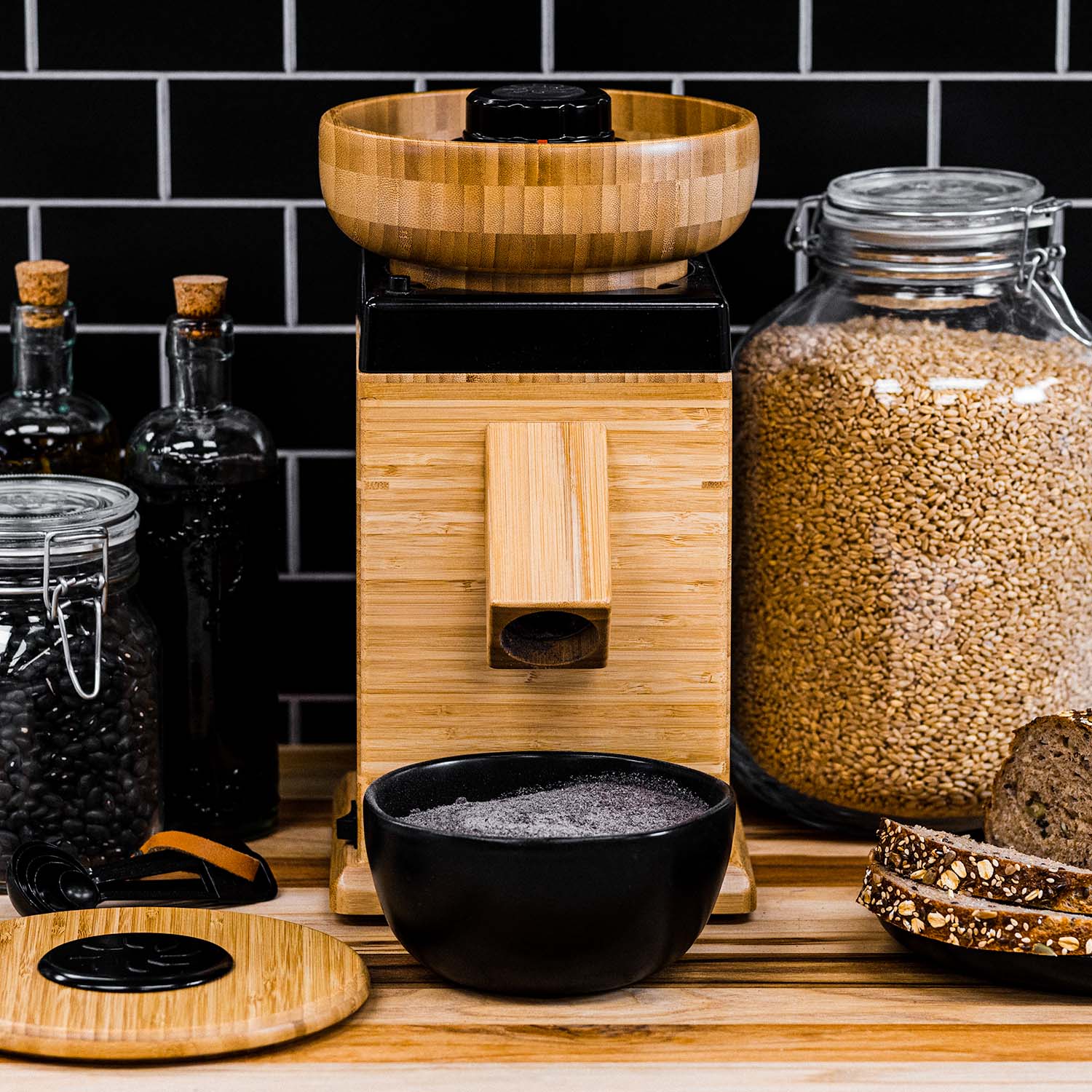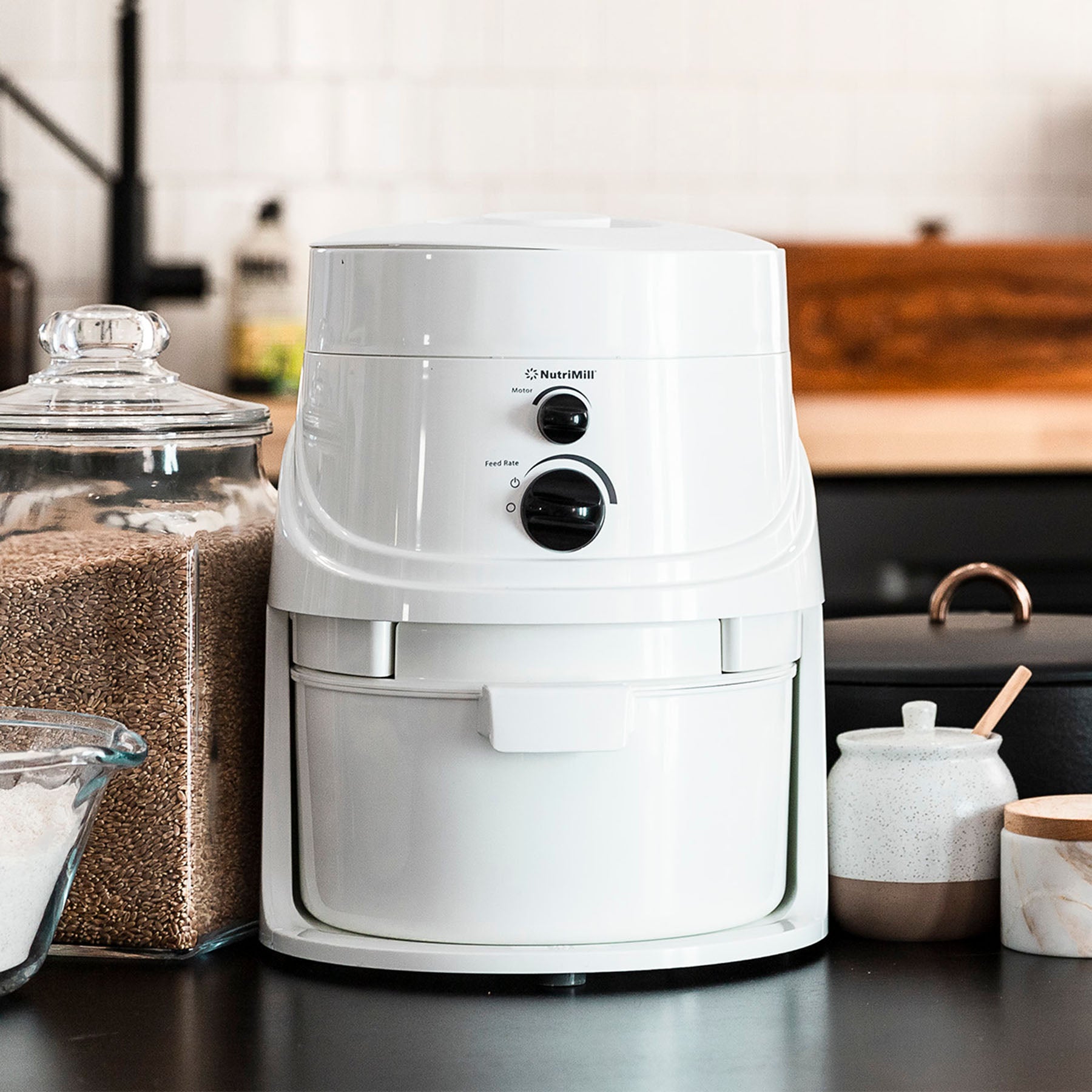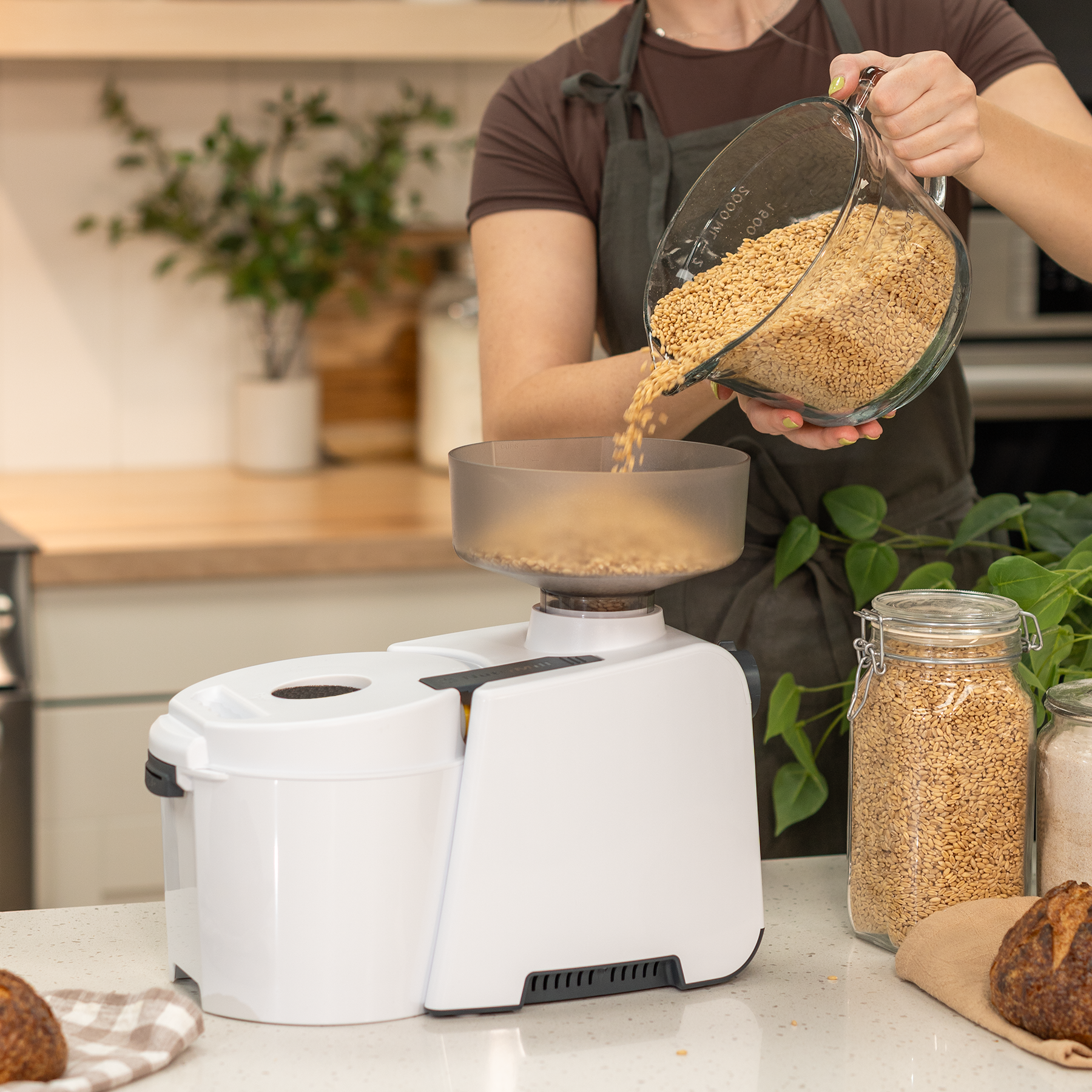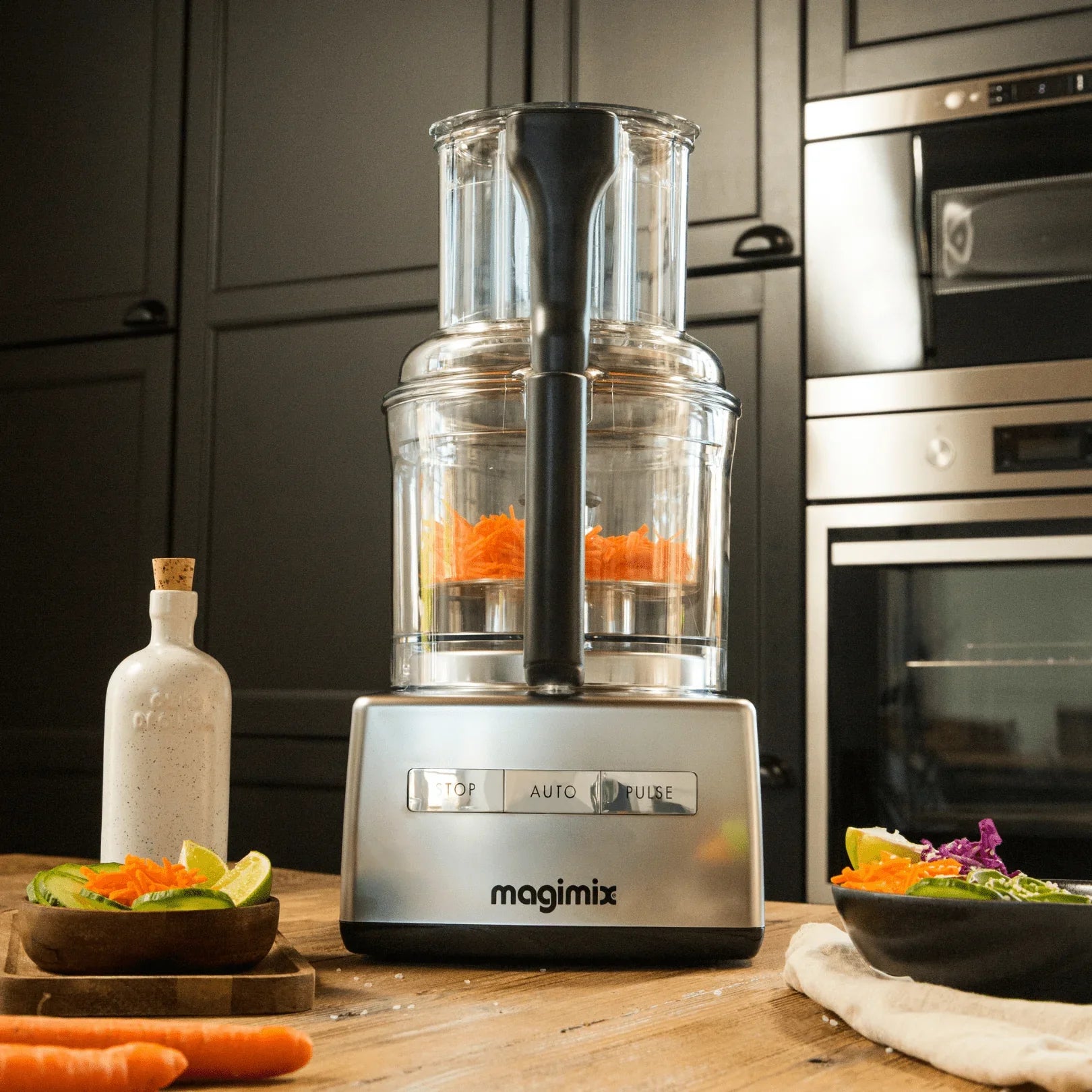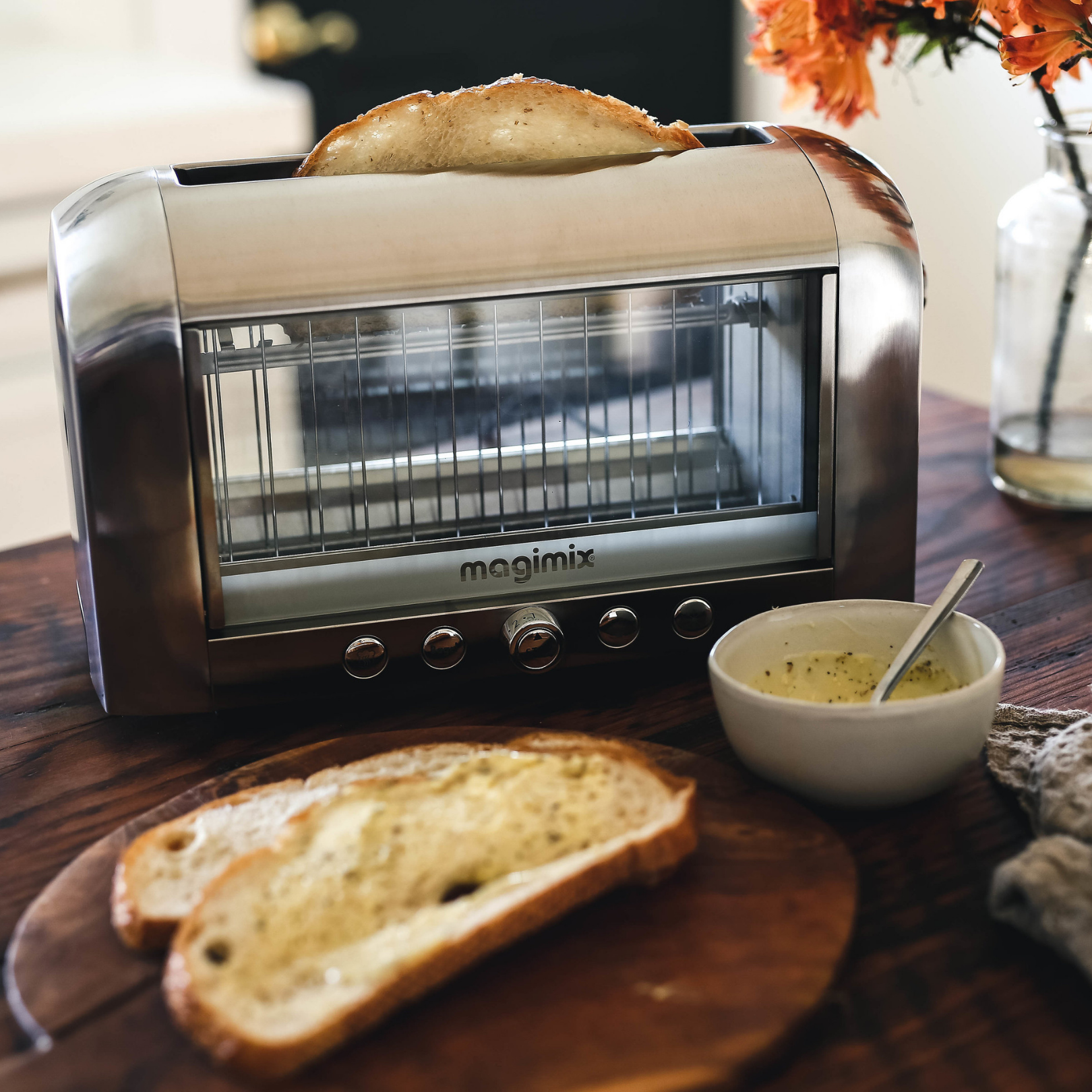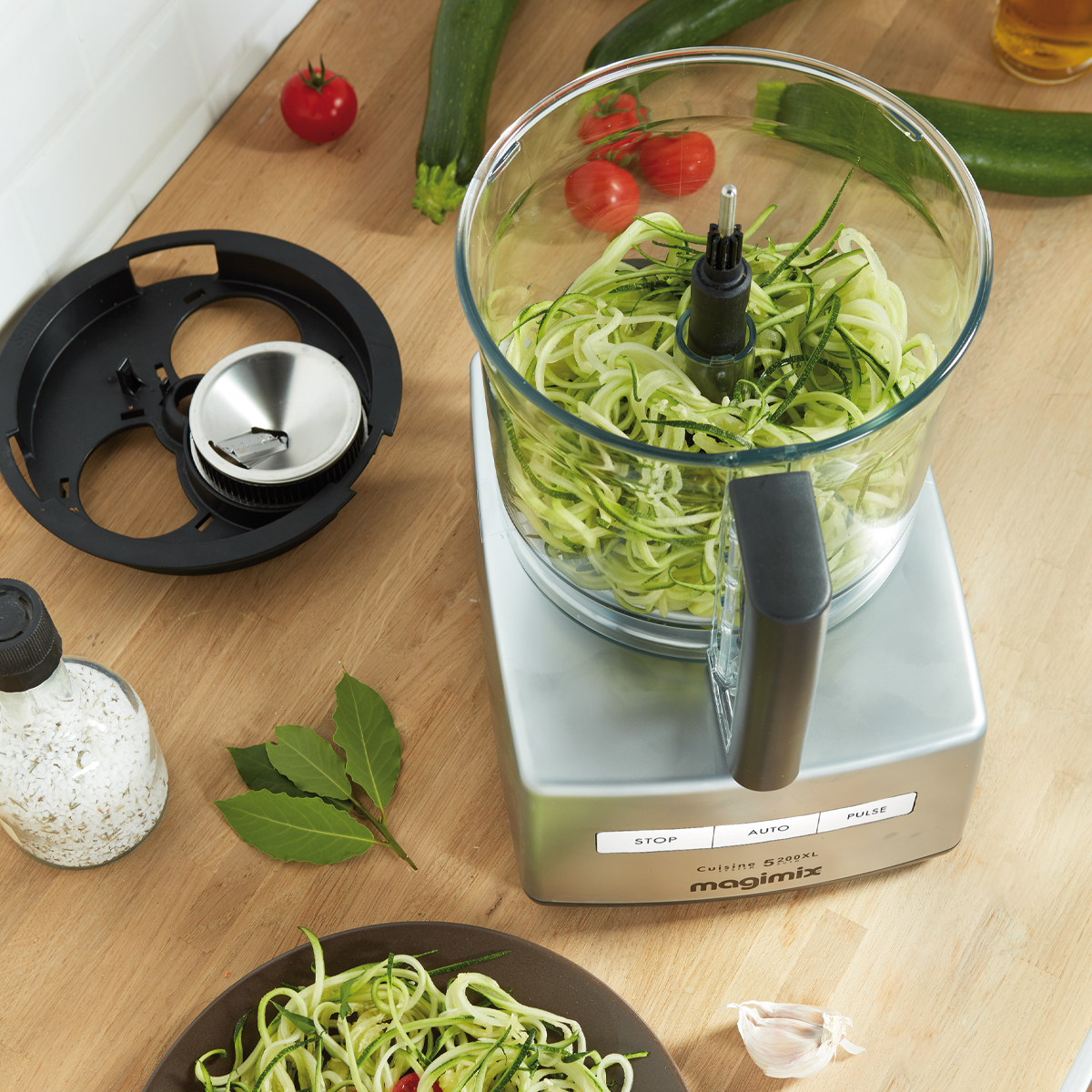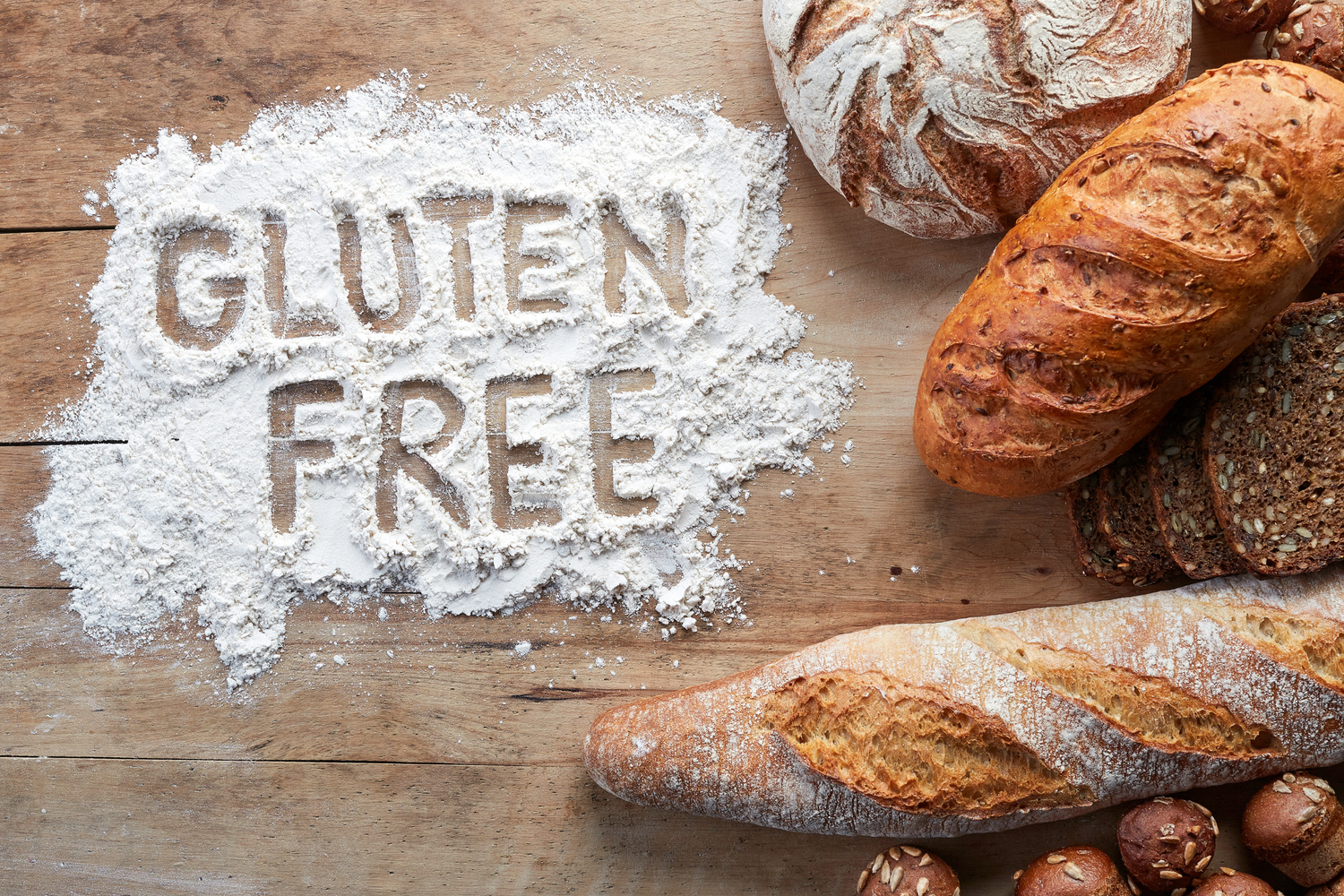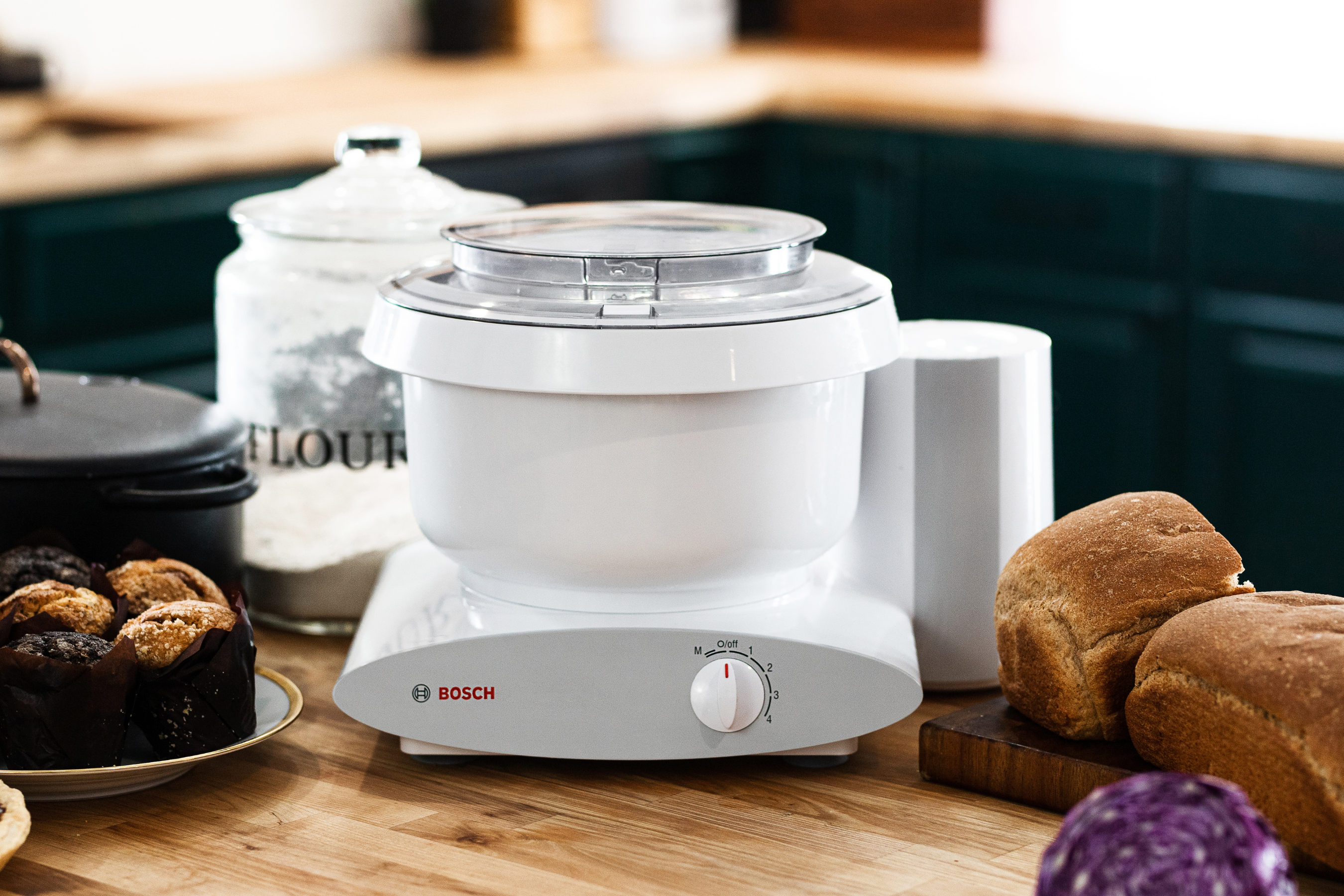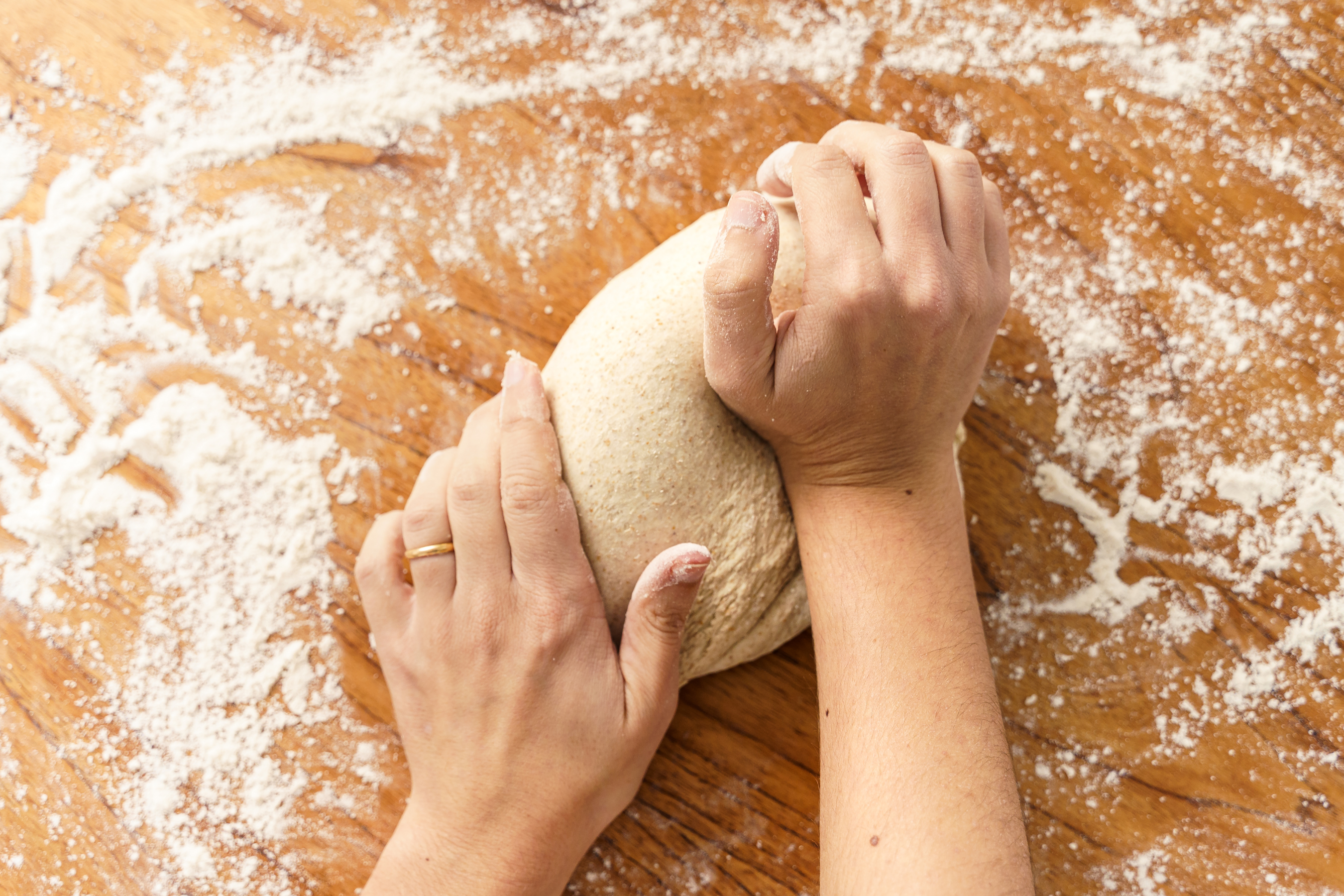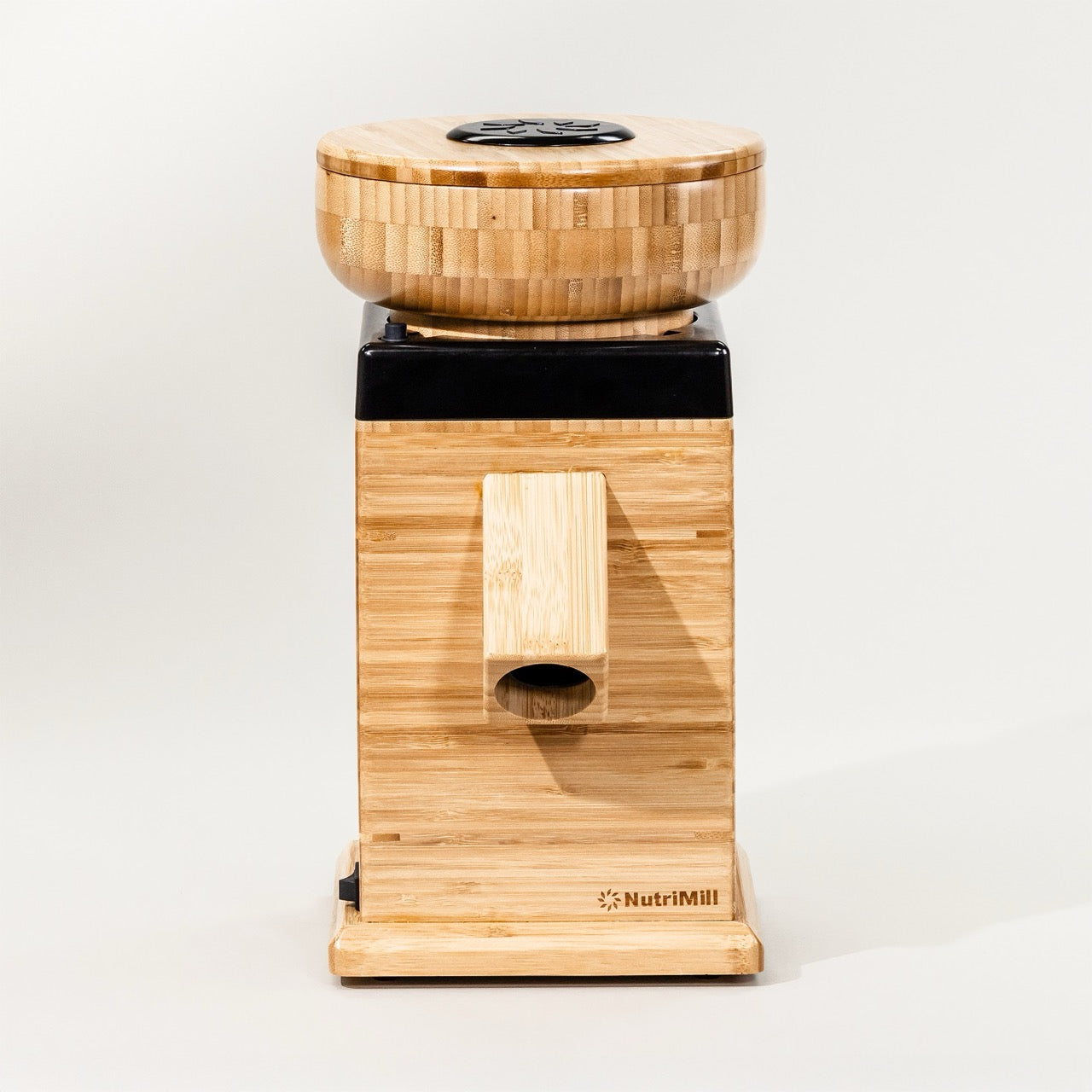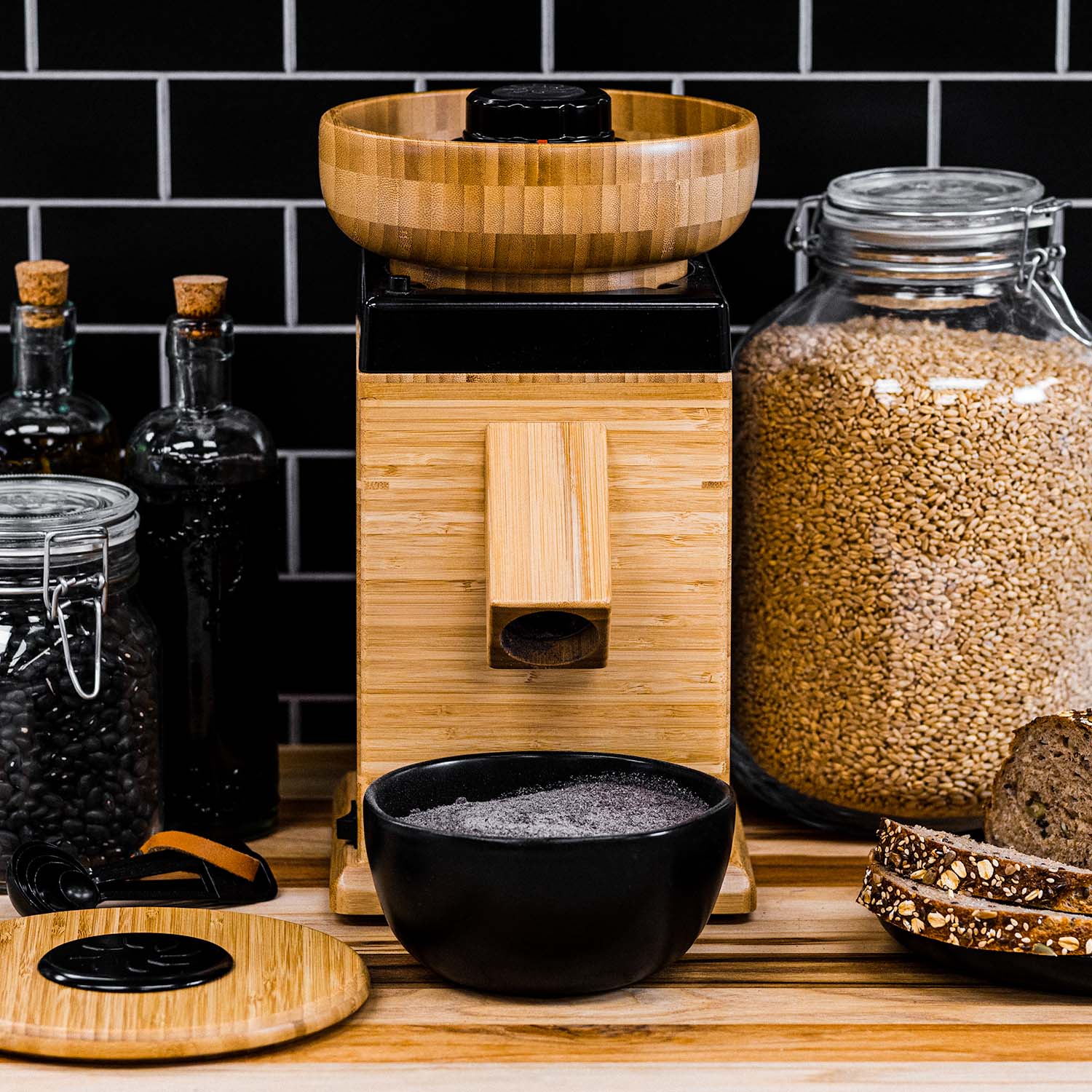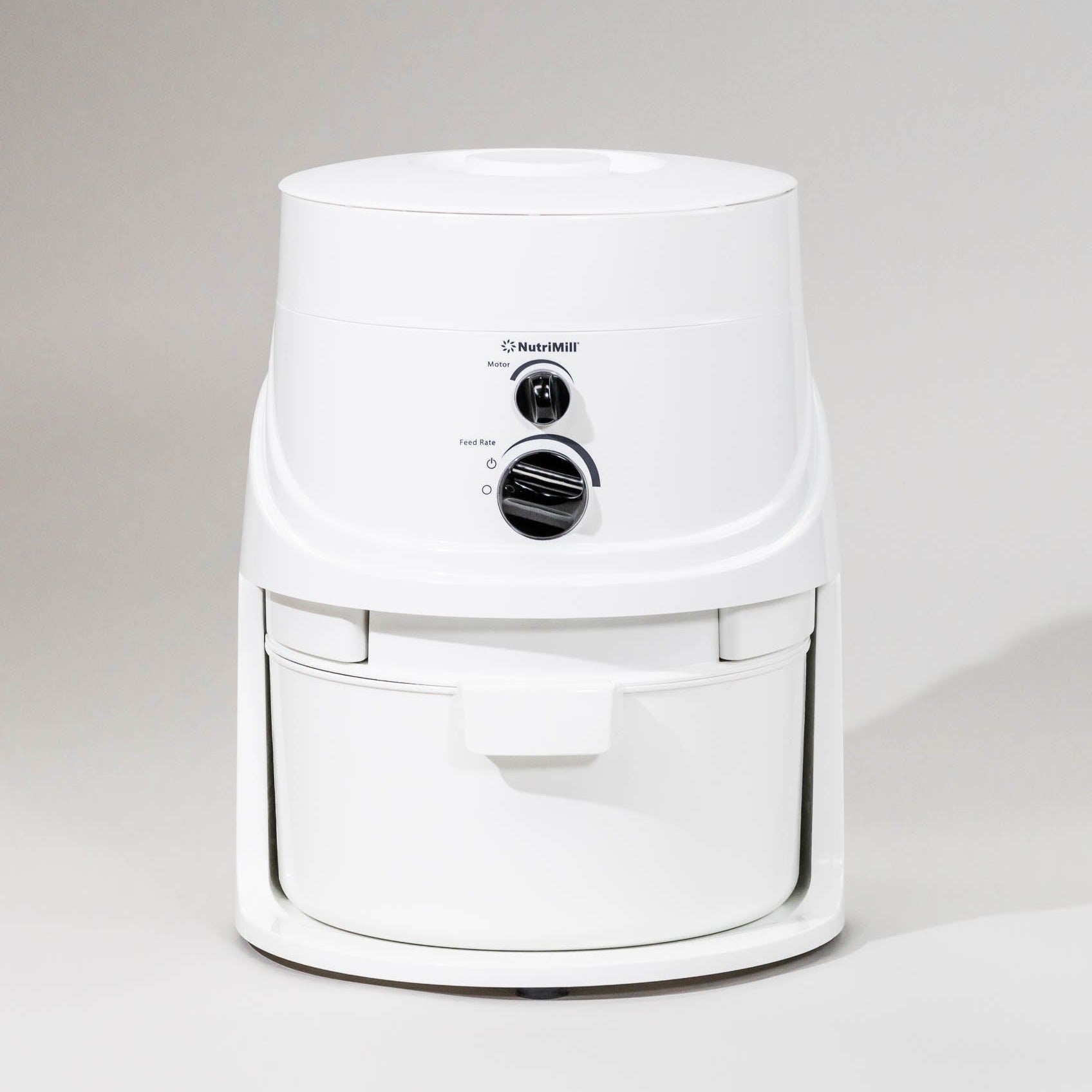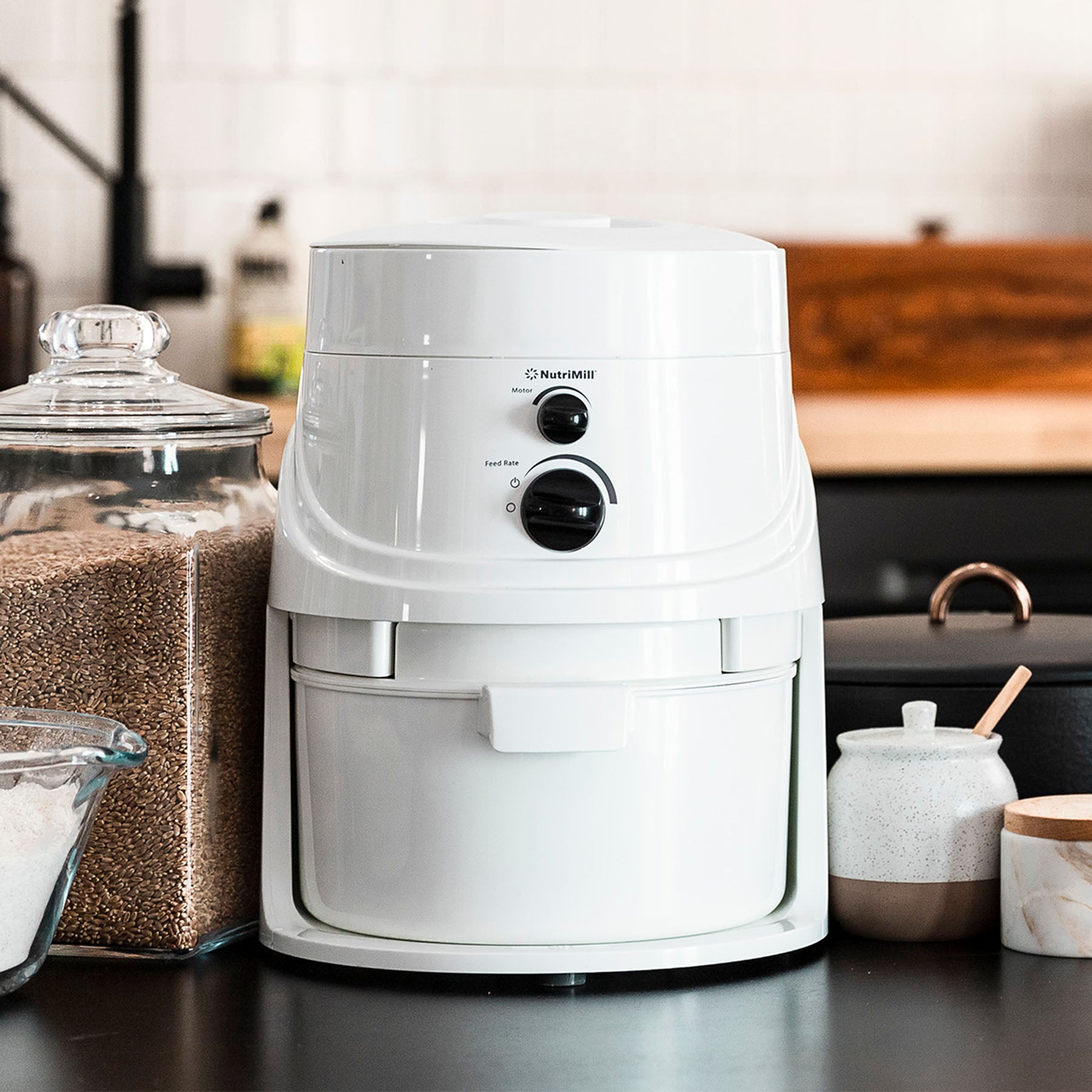Gluten-free baking is no longer just a dietary restriction but a lifestyle choice embraced by many. Whether you have celiac disease or want to reduce inflammation levels caused by gluten intake, baking without gluten has become easier and more delicious with NutriMill grain mills. These powerful machines effortlessly turn whole grains into fine and fluffy flours, perfect for baking your favorite gluten-free pastries, bread, and cakes. So, let's delve into the benefits of gluten-free baking and why NutriMill grain mills are the perfect tool for it.
The Benefits of Gluten-Free Baking
Gluten-free baking has taken the world by storm and has become more than just a trend. It has numerous benefits that go beyond those requiring a gluten-free diet. Here are a few reasons why you should consider gluten-free baking:
Improved Digestion and Gut Health
Many people who have digestive issues such as IBS or constipation report improvements after adopting a gluten-free diet. The removal of gluten often reduces inflammation in the gut, resulting in better digestion and regular bowel movements.
Moreover, gluten-free baking can help in maintaining a healthy gut microbiome. The gut microbiome is a collection of microorganisms that reside in the digestive tract. These microorganisms play a crucial role in maintaining our overall health, including the immune system, digestion, and mental health. Gluten-free baking can help in promoting the growth of beneficial bacteria in the gut, leading to better gut health.
Reduced Inflammation and Allergy Symptoms
Gluten has been known to cause inflammation in the body, leading to joint pain and stiffness, especially for those with arthritis. Going gluten-free can reduce this inflammation, leading to a decrease in these symptoms. Additionally, many people have gluten allergies or intolerances that cause a wide range of symptoms, such as headaches, mood swings, and fatigue.
Furthermore, gluten-free baking can help in reducing inflammation in other parts of the body as well. For instance, gluten-free foods are often rich in antioxidants, which can help in reducing inflammation in the body and lower the risk of chronic diseases such as cancer and heart disease.
Increased Nutrient Intake
Gluten-free baking requires the use of a range of whole grains that are high in nutrients such as fiber, minerals, and vitamins. These grains also contain healthy fats and proteins, making a gluten-free diet more balanced and nutritious. Some of the most commonly used gluten-free flours include almond flour, coconut flour, and quinoa flour, all of which are packed with nutrients.
Moreover, gluten-free baking can help in diversifying your diet and trying out new and exciting foods. By experimenting with different gluten-free flours and ingredients, you can discover a whole new world of flavors and textures, making your meals more exciting and enjoyable.
Conclusion
In conclusion, gluten-free baking is not just a fad but has numerous benefits that can improve your health and well-being. From better gut health to reduced inflammation and increased nutrient intake, there are plenty of reasons to consider going gluten-free.
Why Choose NutriMill Grain Mills for Gluten-Free Baking
If you are a gluten-free baking enthusiast, you know how challenging it can be to find the right tools to make your baking experience enjoyable and successful. Fortunately, NutriMill grain mills are the perfect tool for gluten-free baking enthusiasts for several reasons, including:
Superior Grinding Technology
One of the most significant advantages of using NutriMill grain mills is their advanced grinding technology, which delivers superior grinding results. The patented Air Flow technology produces a higher quality and quantity of flour than other mills in the market, resulting in fluffy and fine flour that is perfect for gluten-free baking.
With NutriMill grain mills, you can be confident that your flour will be of the highest quality, ensuring that your baked goods are delicious and nutritious.
Versatility in Grain Selection
NutriMill grain mills allow you to choose from a range of whole grains to mill, making it easy to find the perfect grain for your gluten-free baking needs. You can choose from gluten-free grains such as rice, quinoa, buckwheat, corn, etc. The mills also grinds legumes, making it ideal for a diverse range of baking recipes.
Whether you are making bread, muffins, cakes, or cookies, NutriMill grain mills give you the flexibility to experiment with different grains and create unique and delicious baked goods.
Easy to Use and Clean
The NutriMill grain mills are also easy to use and operate with a simple on/off switch. The mill is effortless to clean, and with a few wipes, you are ready for your next baking session.
With its compact design, the NutriMill grain mills are easy to store, and their durable construction ensures that they will last for years to come, making it a valuable addition to any gluten-free baker's kitchen.
In conclusion, NutriMill grain mills are an excellent choice for gluten-free baking enthusiasts, offering superior grinding technology, versatility in grain selection, and ease of use and cleaning. Whether you are a seasoned baker or just starting, NutriMill grain mills are a must-have tool for creating delicious and healthy gluten-free baked goods.
Top Gluten-Free Grains to Mill with NutriMill
If you're looking for gluten-free grains to mill with your NutriMill grain mill, you're in luck! There are plenty of options that are both tasty and nutritious. Here are some of the top gluten-free grains that you can mill using a NutriMill grain mill:
Brown Rice Flour
Brown rice flour is a staple in gluten-free baking and is perfect for cookies, cakes, and bread. The nutty flavor and soft texture of brown rice flour make it an ideal candidate for gluten-free baking recipes. Plus, brown rice flour is high in fiber and protein, making it a healthy choice for those with gluten sensitivities.
Quinoa Flour
Quinoa flour has a light and nutty flavor that pairs well with a wide range of gluten-free flours. It is packed with nutrients such as protein, fiber, magnesium, and iron, making it a superfood among gluten-free bakers. Quinoa flour is also a great choice for those with celiac disease or gluten sensitivities, as it is naturally gluten-free.
Buckwheat Flour
Buckwheat flour has an earthy and slightly sweet flavor, perfect for baking pancakes or muffins. It is rich in complex carbohydrates, protein, and fiber, making it an excellent replacement for wheat flour. Buckwheat flour is also a good source of vitamins and minerals, including iron, zinc, and magnesium.
Gluten-Free Baking Tips and Tricks
Baking gluten-free requires some adjustments to your regular baking routine. Here are some tips and tricks to help you perfect your gluten-free baking game:
Understanding Gluten-Free Flour Blends
Gluten-free flours have different textures and flavor profiles, making blending them a crucial step in gluten-free baking. You may need to use a blend of flours to achieve the desired texture and flavor. For example, a blend of brown rice flour, quinoa flour, and almond flour can create a light and fluffy texture in baked goods. Understanding how to blend different flours is essential in achieving gluten-free baked goods that are both delicious and nutritious.
Adjusting Baking Times and Temperatures
Gluten-free flours require different baking times and temperatures compared to wheat flour. This is because gluten-free flours absorb liquid differently and may affect the texture and taste of the final product. Experimenting with different baking times and temperatures will help you achieve the perfect gluten-free baked goods. For example, you may need to bake your gluten-free bread at a lower temperature for a longer time to ensure it is fully cooked and has a nice crust.
Properly Storing Gluten-Free Baked Goods
Gluten-free baked goods tend to dry out faster than wheat-based goods, and storing them properly is critical. Store your gluten-free baked goods in an airtight container or freezer-safe bag to prevent drying out. Alternatively, you may want to try freezing your gluten-free baked goods to maintain freshness longer. This is especially important for bread, which can become stale quickly if not stored properly.
With these tips and tricks, you'll be well on your way to baking delicious and nutritious gluten-free treats with your NutriMill grain mill!
Conclusion
Gluten-free baking has become more accessible and more delicious with NutriMill grain mills. Not only is gluten-free baking a healthier choice, but it is also a way to get creative in the kitchen. Experiment with different gluten-free flours and grains and enjoy the rich textures and flavors that come with this new lifestyle choice. With these tips and tricks, you can perfect your gluten-free baking game and impress your friends and family with your delicious creations.
